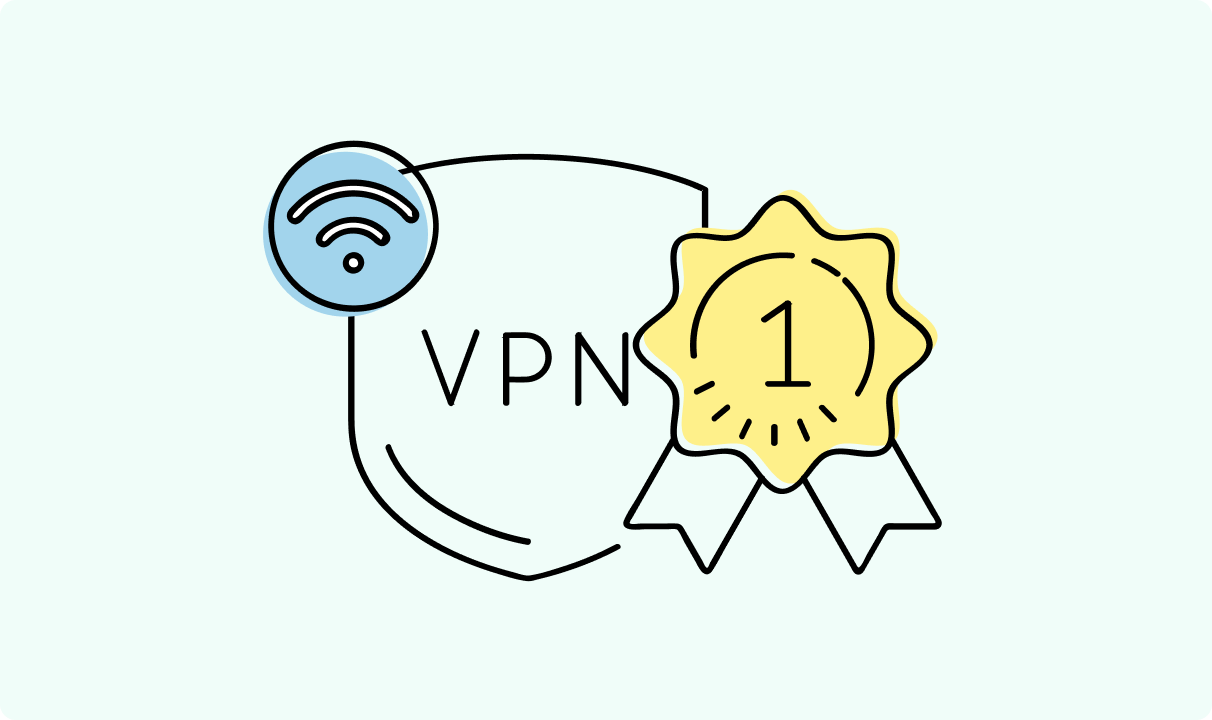What is FBI Honeypot: Understanding Privacy Implications
An international law enforcement team has successfully arrested hundreds of criminals and seized their illegal assets. All thanks to an allegedly encrypted messaging app with data collection backdoors for the FBI.
That's where the name FBI honeypot comes from. But while effective in catching criminals, honeypots raise important privacy and security concerns.
After such a precedent is set, how can anyone be sure he isn't falling for a honey trap even without any criminal intentions?

Adomas Šulcas
4 min read

Introduction to FBI Honeypots
A honeypot trap, or honey trapping, is a practice of tricking someone into giving away their secrets in exchange for something lucrative. Be it sweet food, a romantic relationship, or a truly encrypted messaging app.
The FBI honeypot combines this idea with the usage of honeypots in cybersecurity. There, honey traps are decoys designed to appear vulnerable to safeguard the main system and learn about ways hackers or their threatware operate.
An FBI honeypot is a trap designed to catch criminals in a similar way. They are real tools (devices, websites, or apps) with features useful when breaking the law, except the government has built-in secret backdoors for surveillance.
It's known that various dark web marketplaces, encrypted communication platforms, and other tools functioned as FBI honeypots at some point. The problem is that many privacy tools offer functions similar to those of known FBI traps. It's crucial to know how to tell them apart.
How Do FBI Honeypots Work?
Many FBI honeypots start by creating a set of privacy tools with backdoors and distributing them to potential criminals. Once it gets enough traction, data collection starts, and law enforcement can file charges against its users.
A prime example is the recent "Operation Trojan Shield," which started with the help of a criminal. In exchange for a reduced sentence, he created an encrypted messaging app called ANOM, with a backdoor for the FBI.
Using his skills and contacts, the FBI has distributed 12000 smartphones with the ANOM app pre-installed. After criminals became comfortable using the platform, the international law enforcement team performed a sting operation.
Officials in the US, Australia, and Europe made hundreds of arrests and confiscated almost 40 tons of drugs, dozens of guns, luxury cars, and millions in various currencies. The operation took almost three years to complete.
The ANOM app was a honeypot created specifically to catch criminals. Cases where the FBI asks for backdoors from private companies to already existing software are much more dangerous for privacy.
True, it's difficult for criminals to detect honeypots of such type, but the privacy of law-abiding users is violated. Such an approach also compromises encryption altogether, as the government has a precedent to demand backdoors. Our internet connection encryption guide explains it further.
Balancing Privacy and Fight Against Criminals
It's a common pattern when, due to a few delinquents, the rights of the many are violated.
The fact that criminals abuse privacy tools gives the government a justification to implement backdoors. No matter that honest people use VPNs, encrypted chats, and other tools to simply enforce their rights.
Honeypots themselves aren't an issue. Their potential use against law-abiding citizens is. It sets a dangerous precedent, allowing institutions to mix the two groups and spy on them equally.
That's why it's extremely important to choose cybersecurity tools with a clean slate and no logs to give away to the government. Why use a VPN, for example, which you cannot trust? You can be sure that CometVPN is a reliable choice without any security backdoors.
Can Hackers Detect Honeypot?
Yes, hackers and other criminals can detect honeypots, which should make you even more concerned about privacy. Their methods can be as simple as reading the terms and conditions or checking if the payment options are truly private.
It's also a red flag if a tool is marketed straightforwardly to criminals. No legitimate company would target such an audience unless it's a federal honeypot. In a way, it's similar to how angler phishing attacks target customers.
More sophisticated methods to detect honeypots include inspecting the code to see if it's sending back any data to the government. Law enforcement knows about them, so they have the incentive to collect data about everyone immediately.
That's why it's useful to be well-versed in how to detect honeypots or malware used by government, such as Pegasus spyware. Besides, most methods are akin to basic digital literacy used when avoiding viruses and other threats as well.
Conclusion
Pre-built FBI honeypots, such as "Operation Trojan Shield," are a positive example of the government effectively targeting only criminals. But the worry remains that such backdoors will spread and affect the privacy of lawful users. We must stay vigilant.
FAQ
Is a honeypot a trap?
In cybersecurity, honeypots are traps designed to lure hackers into controlled environments. FBI Honeypots are similar virtual traps for other criminals.
What is the difference between entrapment and honeypot?
Entrapment happens when someone is persuaded to do something they wouldn't normally do. So, in general, honeypots aren't entrapment. However, there are some edge cases, especially with FBI honeypots, when the distinction is debatable.
What is a federal honeypot?
A federal honeypot, or an FBI honeypot, is software created as a virtual trap to lure criminals in order to collect information and eventually catch them.
Are honeypots illegal?
FBI honeypots operate in a legally gray area. In the US, the Fourth Amendment and the Wiretap Act prohibit the interception of electronic communications. But there are exceptions when criminal activity is suspected. Other countries around the world have similar laws regarding FBI Honeypots.
What is an example of a honeypot?
An example of a cybersecurity honeypot could be a purposefully vulnerable website designed to attract cybercriminals. Encrypted communication platforms, such as ANOM, are examples of FBI honeypots.
What is the difference between a honeypot and a honeynet?
Honeypot is usually a single service. A honeynet is a whole network of traps designed to study and catch criminals across multiple instances.

Author
Adomas Šulcas
Chief Operating Officer at Growth Bite
Adomas is a technical writing expert who founded Growth Bite, a digital marketing company, focused on providing high-value SEO and content marketing services to SaaS companies.
Related articles

4 min read
Best Residential VPN Providers in 2025
A Virtual Private Network (VPN) encrypts your traffic and hides your IP address. The way these functions are accomplished affects various aspects of your online privacy and security.
Here, we'll consider using residential IP addresses instead of those originating from a data center. A residential VPN has advantages compared to traditional ones, but there are some caveats.
It all boils down to residential VPN providers. The worst ones may even create more risks than benefits. We'll end this article with a list of the best residential VPN providers on the market.

Guoda Šulcaitė
4 min read
Ethernet vs Wi-Fi: Which One is Better?
Ethernet and Wi-Fi are the two main ways to connect your computer to the internet. While Wi-Fi has received significantly more attention in recent years, especially among consumers, due to its simplicity and flexibility, ethernet is still widely used in various other applications.
Even if Wi-Fi is significantly more popular, it isn’t strictly better. Both methods have their benefits and drawbacks. Wi-Fi’s popularity comes from its ease-of-use and flexibility, but an ethernet connection can be much more useful in certain scenarios.

Adomas Šulcas

5 min read
How to Change Chrome Proxy Settings: The Ultimate Guide
A proxy server is an easy alternative to a VPN that can perform most of the functions of the latter. It’s a server that stands between your device and the destination server, taking your connection requests and forwarding them in your name.
Destination servers in almost all cases see the proxy server as the originator of the request. As such, proxies are widely used in various, mostly business-related applications whenever privacy, security, location changing, and several other factors are at play.

Guoda Šulcaitė